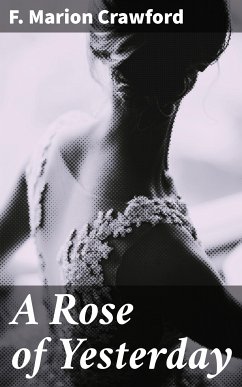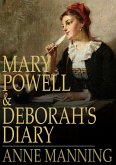In "A Rose of Yesterday," F. Marion Crawford intricately weaves a tale of love and loss set against the lush backdrop of late 19th-century Italy. Merging elements of romance and psychological depth, Crawford presents a narrative enriched with vivid descriptions and nuanced characterizations. The episodic structure allows readers to experience the unfolding of emotions and relationships in a society grappling with changing moral values, evoking the stark contrasts between passion and social convention. This novel reflects the broader literary movements of the time, particularly the realism that sought to portray everyday life with authenticity and depth. F. Marion Crawford was an American author primarily known for his contributions to literature focusing on the themes of love, sacrifice, and the human condition. Having lived in Italy for many years, Crawford's experiences and deep appreciation for Italian culture provide an authentic voice to the settings and characters within "A Rose of Yesterday." His background as a writer of both fiction and drama demonstrates his versatility and keen understanding of narrative form, key elements that enhance the richness of this work. Recommended for readers who cherish literary romance juxtaposed with social commentary, "A Rose of Yesterday" not only captures the essence of its time but also resonates with contemporary themes of devotion and the consequences of desire. It is a poignant exploration of the human heart, making it an essential read for anyone fascinated by the complexities of love.
Dieser Download kann aus rechtlichen Gründen nur mit Rechnungsadresse in A, B, BG, CY, CZ, D, DK, EW, E, FIN, F, GR, H, IRL, I, LT, L, LR, M, NL, PL, P, R, S, SLO, SK ausgeliefert werden.









